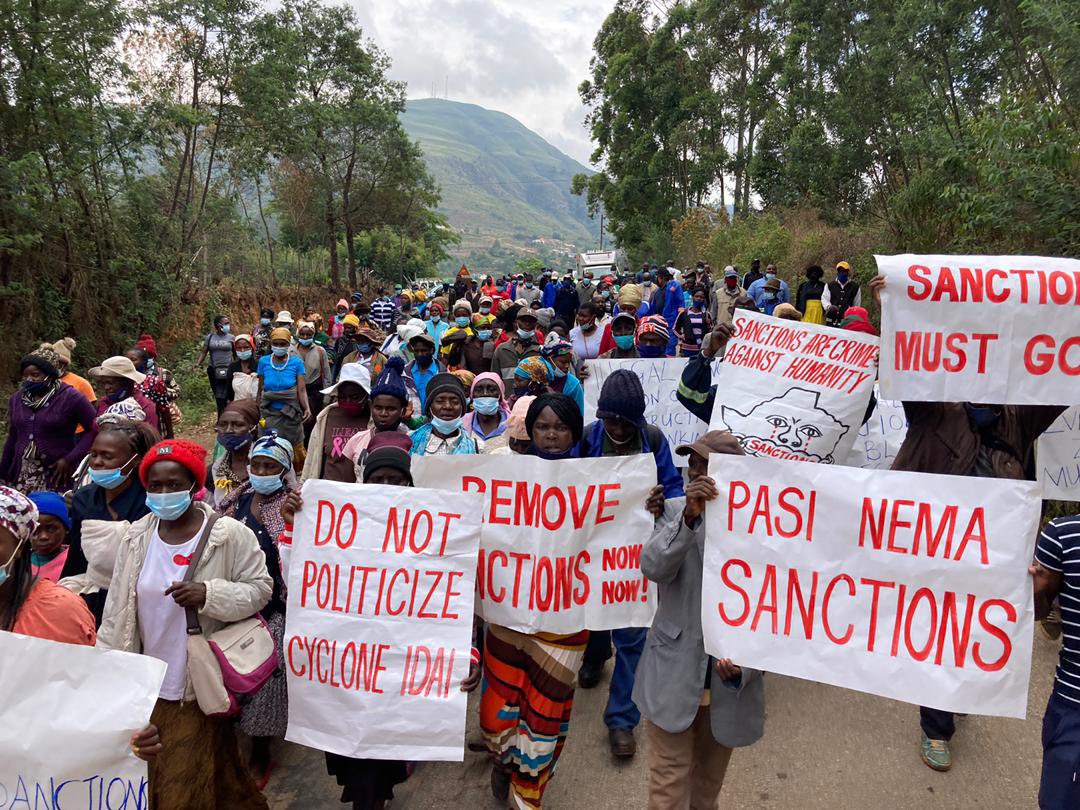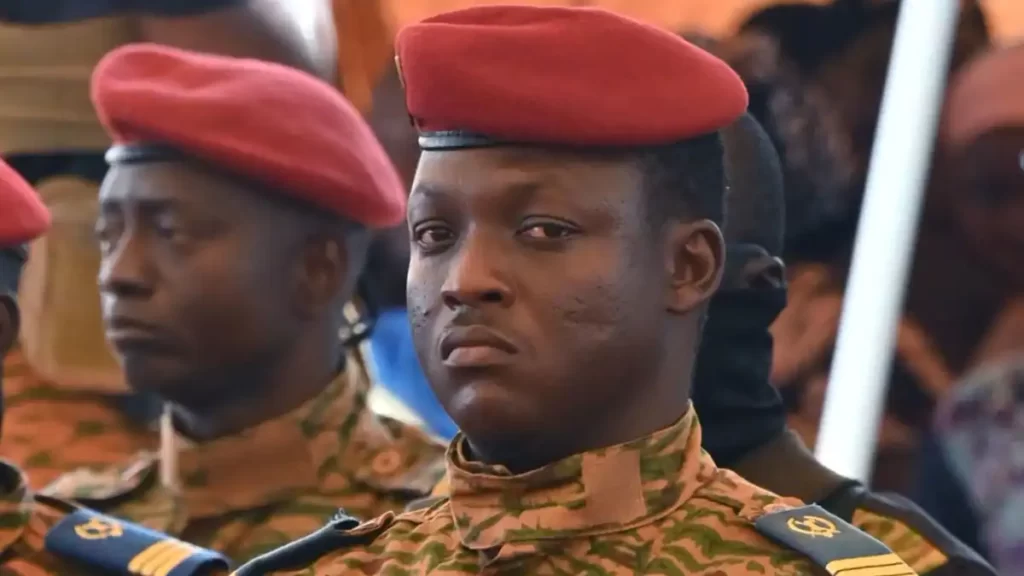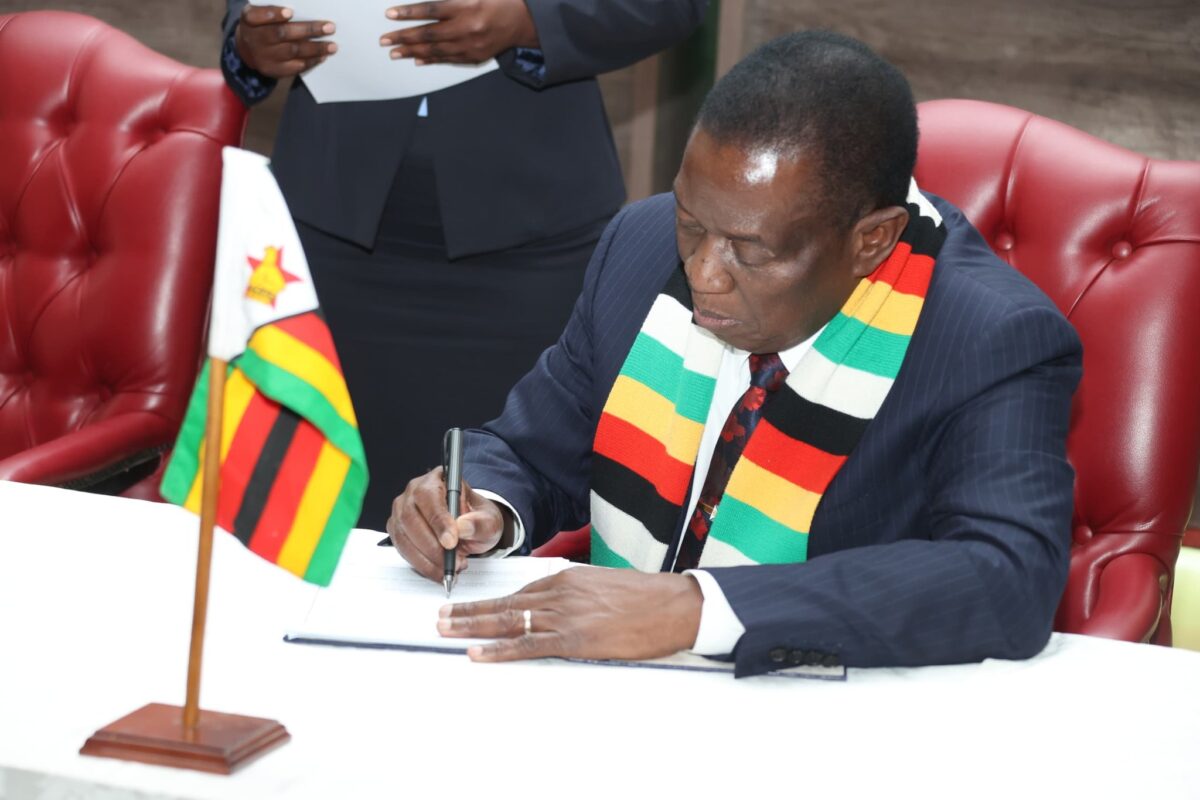HARARE – As Zimbabwe’s government held choreographed events across the country on Monday, putting on a show for the visiting United Nations Special Rapporteur on sanctions, the United States and the European Union repelled claims there were any sanctions on the country.
Thousands of people wearing Zanu PF gear and carrying placards denouncing “sanctions” marched in cities and towns around Zimbabwe, and President Emmerson Mnangagwa – in apparent defiance of his own Covid-19 regulations – gathered thousands of people in Mwenezi to mark “Anti Sanctions Day”.
“These sanctions are illegal and hurt the most vulnerable in our society,” Mnangagwa said October 18 when he met Alena Douhan, the UN Special Rapporteur on Negative Impact of Unilateral Coercive Measures on Human Rights.
In separate statements on Monday, the United States and the European Union missions in Zimbabwe insisted that the blame for Zimbabwe’s economic and humanitarian crises rest with President Mnangagwa’s regime.
“Blaming sanctions is a convenient scapegoat to distract the public from the real reasons behind Zimbabwe’s economic challenges – corruption, economic mismanagement, and failure to respect human rights and uphold the rule of law,” the US embassy said.
“Billions of dollars have been lost due to corruption and harmful economic policies which have culminated in the current economic crisis. Zimbabwe has had both prosperity and difficulty during the life of the targeted sanctions programme. Implementation of economic and political reforms are key to improving Zimbabwe’s trajectory.”
Dozens of Zimbabwean politicians linked to rights abuses, military chiefs, politically-connected businessmen and the state arms company are currently under United States sanctions. The sanctions prohibit U.S. citizens from doing business with the blacklisted individuals and arms sells to Zimbabwe, as well as barring the targeted rights violators from accessing the U.S. financial system or travelling there.
The European Union, meanwhile, only has the late former president Robert Mugabe and his wife on its blacklist, and the Zimbabwe Defence Industries, the state arms company.
“The EU has not imposed sanctions on Zimbabwe,” the European Union mission in Zimbabwe said.
“The only operational restrictive measures relate to defence and arms: a ban for EU companies to do business with Zimbabwe Defence Industries and an arms embargo. There are no other trade or economic restrictive measures.”
The European Union and the United States say Zimbabwe’s government is using sanctions as a figleaf to cover its own failures to meet electoral promises, including a stable currency, jobs, tackling corruption and upholding human rights.
“Zimbabwe falls short of its potential due to corruption and mismanagement by those in power and the government’s abuse of its own citizens, not targeted sanctions,” the U.S. embassy said.
The U.S. embassy said its government will only lift sanctions if “individuals or entities stop engaging in the behaviour that landed them on the sanctions list in the first place.”
“There is no U.S. trade embargo on Zimbabwe. If an individual or entity is not on the sanctions list, U.S. companies can trade with that individual or entity. In fact, the U.S. Embassy is here to help Zimbabwean businesses find trusted U.S. partners for their needs,” it said.
The United States has contributed US$3.5 billion in assistance to Zimbabwe since 1980 in health, development, and poverty alleviation. The European Union, meanwhile, said while Zimbabwe has a massive overall trade deficit, the country enjoys a trade surplus with the EU.
















